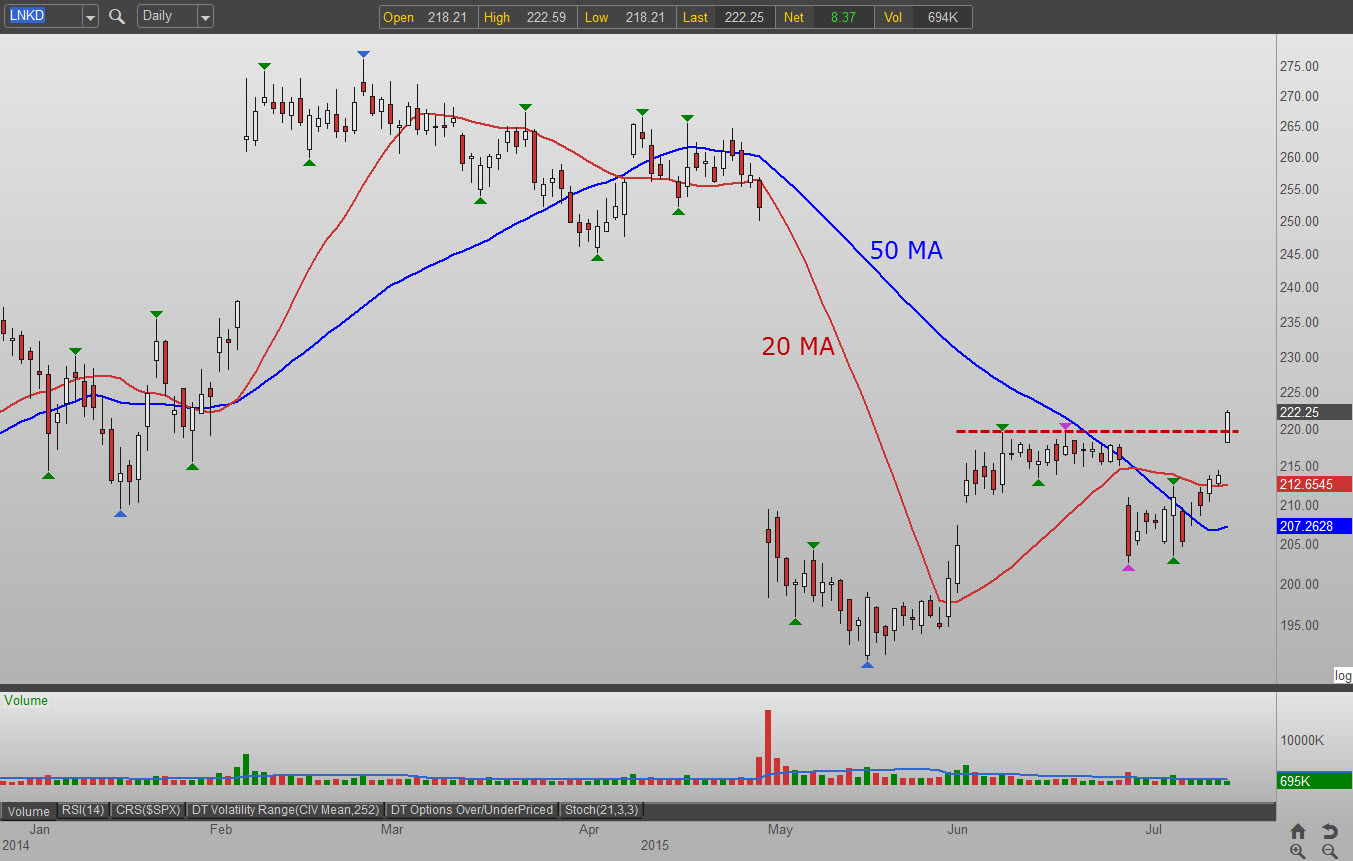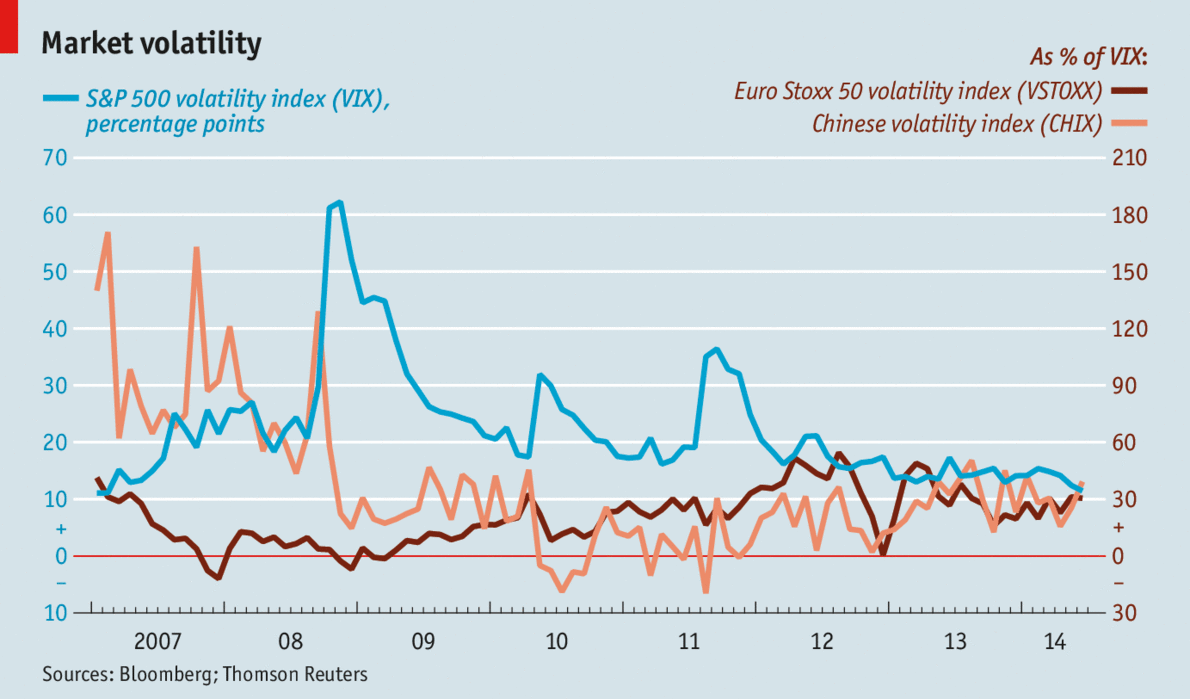

At the same time, you should be reviewing the various asset classes and investment styles of your investments. You constantly need to be reviewing your portfolio and, much like we do in our portfolio committee, constantly re-evaluate your investment thesis for holding a particular position. This recent technology transaction highlights the fact that this is not a set and forget market. The fundamental justification for the deal appears reasonable for Microsoft shareholders, however Microsoft has a chequered history of business acquisitions and has paid a very high premium to gain exposure to a social networking channel, albeit one that is more relevant to Microsoft’s main product lineup. Working on Microsoft’s WACC (weighted average cost of capital) of around 8%, the NOPAT of Linkedin needs to increase to around $2.1B to at least not destroy value for Microsoft shareholders. Linkedin’s NOPAT (net operating profit after tax) has declined over the last two years and was -$58M for 2015. A LinkedIn application integrated into the Microsoft range of products has the potential to improve efficiency, particularly for human resource and CRM functions. Microsoft CEO Satya Nadella was keen to stress the combined company's addressable market will increase over 50% following the acquisition. Linkedin can benefit from Microsoft’s programming and product development strengths while Microsoft will gain Linkedin's relationships with a growing list of companies and professionals across the globe. In 2015 Linkedin earned 80% of its revenue from business clients, the majority coming from the growing Talent Solutions segment. Linkedin is similar to Microsoft in that consumers are familiar with the flagship application, but Linkedin’s growth is also based on business to business services. The cloud offerings, Office 365 subscriptions and big data technologies are pulling in more revenue and the profit margins remain high.


Linkedin stock history software#
Microsoft is growing its cloud software division and expanding it into the professional social networking space with this deal. Microsoft’s focus is developing new products and services for businesses and organisations. It is strategically moving away from software and consumer products and is now primarily a business to business services company. Its revenues have stagnated for almost three years. Microsoft as an ‘old’ technology company has been in transition for a few years in an effort to remain relevant. Microsoft's share price declined around 2.5% after the announcement of the deal. It has the potential to be transformative for Microsoft, but Microsoft has a poor track record with business acquisitions (Nokia, Skype, Yammer).

Microsoft will buy Linkedin in an all-cash deal for USD 26B.The big problem is however that Microsoft (MSFT) has a poor record with paying too much for acquisitions and then not executing well on the strategy. On balance, it could work and there are several reasons I find in favour of the deal. This week Roger McIntosh, portfolio manager of the TAMIM Global Equity High Conviction Individually Managed Account (IMA), takes time out to discuss the recent Microsoft acquisition of Linkedin.


 0 kommentar(er)
0 kommentar(er)
